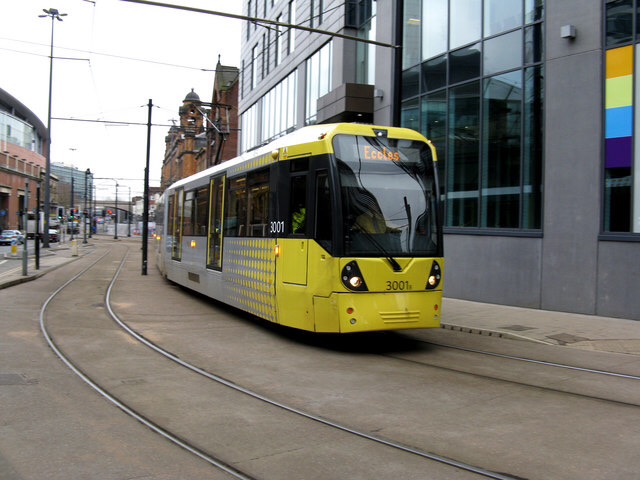The average UK commuter adds almost 800 calories to their diet every week as a result of their journey to and from work according to anew report,
The report, Health in a hurry from the Royal Society for Public Health that the average time spent commuting in the UK has increased in recent years to almost an hour a day, and suggests longer commutes are potentially shortening lives.
The report highlights the impact of travelling to and from work by rail, bus and car (passive commuting) on the public’s health and wellbeing with longer commute times being associated with increased stress, higher blood pressure and BMI, and reduced time available for health-promoting activities such as cooking, exercising and sleeping.
The authors have also unveiled a “commuter distress-o-meter” which highlights the top three aspects of commuting which the public believe are most detrimental to their health and wellbeing, which are, Journey delay, Overcrowding and Anti-social behaviour.
The report calls for a concerted effort from employers to increase flexible and home working, easing the strain on the roads and rail network during rush hour.
Almost three in five (58%) felt flexible working hours would improve their health and wellbeing.
It also recommends that a ‘health and wellbeing’ to be an explicit specification when awarding train and bus franchises to curb damage to passenger health.
A ‘health and wellbeing’ requirement in franchise agreements would encourage transport providers to make the commuting environment more health-promoting; similarly, we are urging Network Rail to restrict the proliferation of junk food outlets in stations.
Shirley Cramer CBE, Chief Executive of RSPH, said: “For some of us the daily commute can be a pleasurable experience, giving time for reflection or an opportunity to relax; but for an increasing number of us it is having a damaging effect on our health and wellbeing. As the length of our commute increases this impact is getting worse, including by contributing to rising levels of stress, adding to our waistlines, or eating into time we could otherwise spend doing activities which enhance our health and wellbeing such as sleep, exercise or time spent with friends or family.
She adds:
Taking public transport should be encouraged and made as attractive as possible, so there needs to be greater consideration given to supporting passenger’s health and wellbeing. A simple step would be to ensure that health and wellbeing is a consideration in the awarding of any transport franchise. This could include dealing with overcrowding which is cited by commuters as one of the main bugbears which impacts on their health and wellbeing. While investment in infrastructure such as longer trains and platforms would yield greater results, a quick win on capacity would be for franchise holders to declassify first class carriages on commuter routes to free up desperately needed space.”







